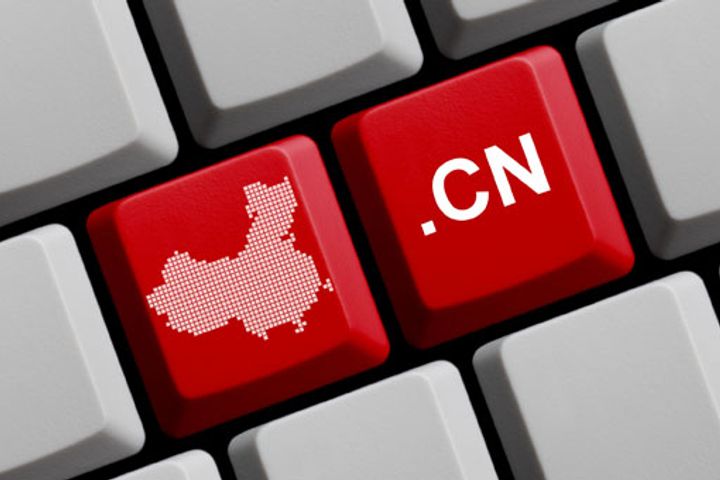 Chinese Tech Innovation, Business Culture Captures Silicon Valley's Attention
Chinese Tech Innovation, Business Culture Captures Silicon Valley's Attention(Yicai Global) Aug. 15 -- Silicon Valley entrepreneurs and financiers are increasingly interested to learn from Chinese startups and the world's largest market for pretty much anything.
Silicon Valley expects to have a better understanding of China, not only Alibaba Group Holding and Tencent Holdings, but also Chinese startup companies, said Zhang Rui, investment analyst of GGV Capital, who also co-hosts an English-language podcast called 996 about Chinese innovation.
Chinese firms' experience can teach much about the power of the masses. US companies are more experienced in services oriented to high-income users, Zhang said, adding that for example, Uber started with its luxurious UberBlack service, while in China the more affordable version, targeted to the middle-class, gained rapid traction.
Zhang started co-hosting the San Francisco-based podcast at the beginning of this year to introduce Chinese startups and their development strategies. The name comes from the usual working hours of a Chinese internet firm; from 9 a.m. to 9 p.m., six days per week. Some of the interviewees include Uber China's former principal Liu Zhen, lifestyle reviewing application Dianping's Chief Executive Zhang Tao, overseas shopping guide Little Red Book's founder Qu Fang, smartphone maker Xiaomi's co-founder Lin Bin, and Yahoo's co-founder Jerry Yang.
Chinese Innovation
Silicon Valley investors have acknowledged Chinese innovation, Zhang said, giving an example of Michael Moritz, a partner of Sequoia Capital, who posted an article about the diligence of Chinese entrepreneurs and their corporate culture, adding that if some firms in the valley remain lazy and arrogant, the cradle for tech innovation will lose its leading position.
Recent news about the initial public offering of bulk-buy platform Pinduoduo and the massive user base of short video platform Tik Tok have also gained some clicks and added to the international hype of Chinese internet businesses. Some US firms have even modeled their products in a way that reminds of Chinese ideas, such as Facebook's Messenger and Snapchat's new interface, both bearing a strange resemblance to Tencent's social media application WeChat.
The interest in China is increasing as foreign firms are trying hard to break into the Chinese market, with varying results. Starbucks, for instance, is facing tough competition from local startup Luckin Coffee while Uber was bought out of the market by Chinese competitor Didi Chuxing in 2016. Google and Facebook are also trying to dig their way into the world's largest marketplace. The browser maker launched its first China-oriented mobile game this year while Facebook said in July it will set up an innovation center in eastern Zhejiang province to help local firms expand abroad.
Despite the rise of Chinese talent in the global fronts and the growing Chinese middle-class with more generous consumption habits, most Chinese firms still look up to US companies such as Apple and Starbucks in their successful branding. Companies such as drone maker DJI and smartphone manufacturer OnePlus are changing the way the world sees Chinese tech, said Zhang. "If you do not highlight their nature as Chinese brands, Americans would all regard them as American companies." China needs more of such brands and tech podcasts to deliver its message of innovation to the Silicon Valley and beyond.
Editor: Emmi Laine